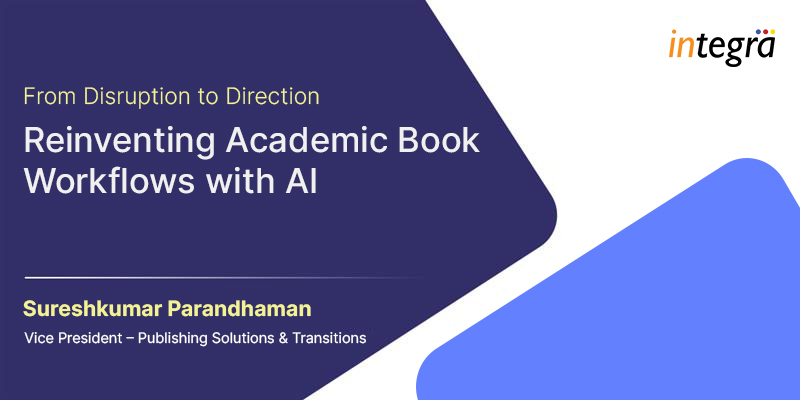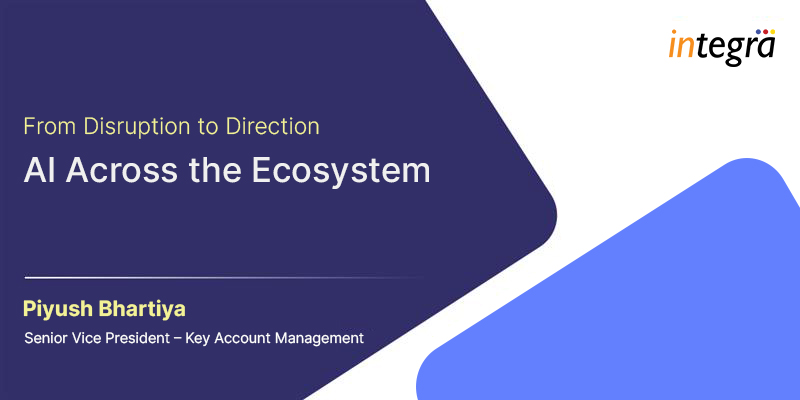The Essential Guide to Upholding Research Integrity in Academic Publishing

In the intricate tapestry of academic publishing, research integrity stands as a cornerstone, ensuring the credibility and reliability of scholarly work. This guide delves into the multifaceted aspects of maintaining integrity in research, a mission critical to the advancement of knowledge.
Research integrity refers to the adherence to ethical and professional standards in conducting and reporting research. Its significance cannot be overstated, as it underpins the trustworthiness of academic findings and publications. However, the path to preserving this integrity is fraught with challenges, from the temptation of sensationalizing results to the complexities of authorship and conflicts of interest.
Key Elements of Research Integrity:
Accurate and Fair Authorship Attribution:
Identifying authors and delineating their contributions is a task of paramount importance. It ensures that credit is rightly assigned and responsibilities are clear. The landscape of authorship attribution is occasionally marred by disputes and ambiguities. Solutions lie in establishing clear guidelines and fostering open communication among collaborators.
Adhering to Ethical Standards in Research:
The act of properly attributing authorship is not just a matter of giving credit where it’s due; it’s a fundamental ethical practice in academia. Accurately recognizing the contributions of each author fosters a culture of honesty and respect in the research community. Ethical review boards and comprehensive guidelines play a pivotal role in upholding these standards, ensuring that research is conducted with utmost responsibility.
Transparency in Funding and Affiliations:
Disclosing funding sources and potential conflicts of interest is crucial for maintaining the impartiality of research. Adherence to best practices in transparency fortifies the trust in research findings and mitigates the risk of bias.
Data Availability and Reliability:
Access to data is a linchpin for replicability and verification of research, two pillars of scientific progress. Despite the importance of data sharing, it faces hurdles like privacy concerns and logistical challenges. Overcoming these requires a balanced approach, combining openness with responsibility.
Technology’s Role in Enhancing Research Integrity:
In the digital era, technology emerges as a potent ally in safeguarding research integrity. From data analysis tools to plagiarism checkers, tools like AuthorPilot enhance accuracy and accountability. Instances abound where technology has streamlined research processes, although its application must be judicious, avoiding over-reliance.
Building a Culture of Integrity:
Institutions and publishers have a cardinal role in cultivating a culture that venerates research integrity. This involves not only implementing rules but also nurturing an ethos of honesty and responsibility.
Highlighting a Critical Challenge in Upholding Research Integrity: The Issue of Research Fraud
A stark reminder of the consequences when research integrity is breached is the phenomenon of retractions due to research fraud. A notable reference in this context is Retraction Watch, which maintains a “leaderboard” of individuals who have notably violated research ethics. This leaderboard is a sobering showcase of researchers who have fabricated their studies. Topping this list is Yoshitaka Fujii, with a staggering 183 retractions, a figure that underscores the extent of his misconduct. Fujii’s career is marred by allegations of fabricating a significant portion of his research data. The unraveling of his deceit began with a concerted investigation led by editors of anesthesiology journals, culminating in the extensive retraction of his work.
The methodology employed in exposing Fujii’s fraudulent activities was developed by John Carlisle, a UK-based anesthetist. Carlisle’s analytical approach has since been applied to scrutinize over 5000 articles across eight journals. This method, along with similar analytical tools, demonstrates significant potential not only for post-publication review but also as a proactive measure in editorial processes. The use of such tools can be instrumental in detecting and preventing instances of research fraud before they tarnish the academic record.
In conclusion, upholding research integrity in academic publishing is a multifaceted endeavor. It demands a concerted effort from individual researchers, institutions, and the academic community at large. By adhering to the principles outlined above, the sanctity and credibility of academic research can be preserved, fostering a landscape where truth and innovation flourish.
Recent Blogs

Research Integrity vs. Publication Integrity: Clarifying Responsibility in Scholarly Publishing

From Disruption to Direction: Reinventing Academic Book Workflows with AI


